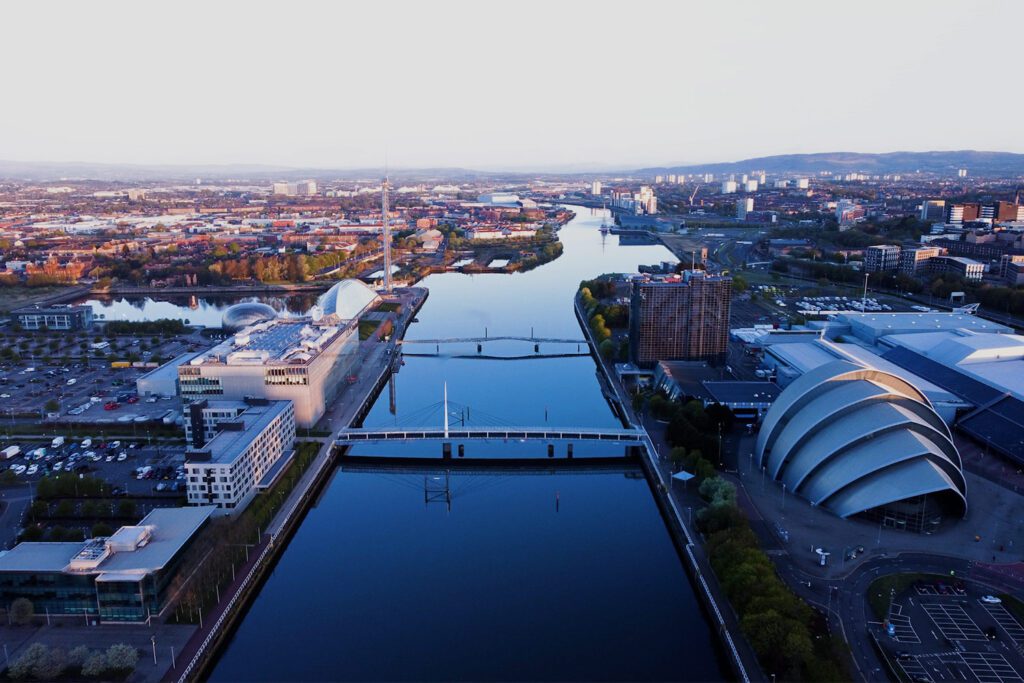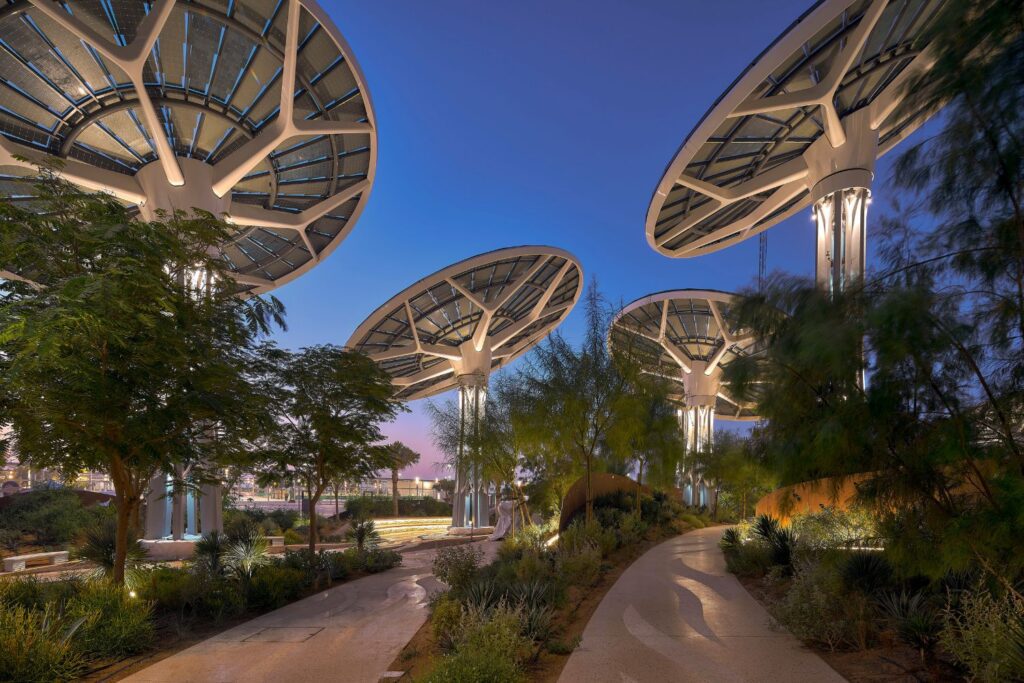Event Recap: 2023 Youth Climate Conference Part 1
Visualise the climate of 2030, what would progress for the planetary emergency look like? Have greenhouse gases reduced by half? Are emissions, measured in tonnes of CO2 equivalent, net zero?
Rarely do we give weight to alternative measurements of climate progress; like our waste management or how much of nature has adapted to the built environment. However, at this year’s Winter Climate Conference, we did exactly that. On the 3rd of February, the Bath Young Employees Forum invited over 60 individuals to resolve how ecology and waste are fundamental to the future of the built environment. Attendees were comprised from a variety of backgrounds, including Bath & North East Somerset Council and Bristol University. Focus was placed on widening our views around sustainability, now is the time to be ambitious.
Below, we outline the key points from some of the talks given on the day.

Introduction to Biodiversity – Jenny Ross – Associate Ecologist
The talk discussed biodiversity in design, why it’s critical to sustainable development, and the outcomes of COP.
The climate reality is happening now, extinctions and biodiversity loss are commonplace.
Design paradigms must change to use nature first and nature led solutions to unlock the ‘co-benefits’ of biodiversity. Finding homes for other species in our urban spaces has co-benefits that range from better air quality to improved hydrology to cooler cities and more fertile soil. More nature led and nature first design provide us with effective design tools, allowing us to create spaces and cities that serve humans and nature in multiple ways. To conclude, Jenny looked at case studies such as the Danube River and Mayfield Manchester, before providing attendees with a toolkit of nature led design strategies.
The presence of flora and fauna within the ‘urban’ space highlights that nature and the built environment are not disconnected.
Three Key Takeaways
· We are failing to deal with biodiversity loss currently. National and international trends show a decline in the number of species.
· Increased biodiversity in cities is for the benefit of nature and humans. We get the co-benefits of better air, soil, water and microclimate.
· There are nature-first and nature-led solutions that have been proved effective which we can use right now to improve biodiversity and human health outcomes.

Rethinking Waste – Joshua Apperley – Senior Waste Consultant
Re-thinking the ‘wicked problem’ that is waste, Josh touched on the current effects of overconsumption, carelessness, and misdirection of products and the potential risks and opportunities of techno-optimism. Josh discussed how we can take responsibility from a polluter point of view, consider the whole life cycle of products, and envision the multiple answers available to us to solve the problems at hand – rather than a magic bullet mindset.
‘If it can’t be reduced, reused, rebuilt, repaired, refurbished, refinished, resold, recycled, or composted, then it should be restricted, designed, or removed from production’ – Pete Seeger
Three Key Takeaways
· Waste management involves looking at a complex web of behaviours and waste practices from different sources. It will be key to bring resource use in line with planetary boundaries and dealing with waste is key.
· We can use community-led recycling and reuse to reduce waste and we have seen this work already.
· There is no silver bullet, but a number of solutions employed with the bigger planetary picture in mind, that will help us to reduce waste in the built environment.

Climate Activism in the Workplace – Bianca Laura Latini – Senior Sustainability Engineer
It can be hard to feel empowered to make a change as an employee within a large, global organisation. Bianca drew on her experiences to stress the importance of collectivising, sharing vulnerabilities and creating peer support systems in the face of climate change to increase accountability within our companies.
Bianca talked about how to build a climate action group that formally engaged leadership about ideas around climate change. She shared examples of engagement sessions with wider staff focused on ‘How to Decarbonise My Work’ and ‘Climate Anxiety’ which had positive outcomes and reflected the whole community’s ideas and emotions. The message indicated that if you feel disempowered and anxious about climate change, a powerful step to tackling these feelings is to build a community action group on climate change within your company where you can offer each other support and engage with the wider company about them.
Three Key Takeaways
· Many people in the built environment are concerned and feel disempowered to act on the climate change emergency
· Leadership when engaged by the action group often share common concerns and it is useful to reflect with peers at work to provide community aims to leadership so we can all collaborate.
· People need space and specific community to discuss these issues
The Client Side of Sustainability – Simon Martin – Bath & North East Somerset Council
Simon discussed how Bath & North East Somerset Council set up a sustainability mandate, generated sustainability goals, and worked with collaborators who value creating truly low-carbon projects. By codifying their values, the council has been able to hold future projects to high standards and social value targets.
Simon delivered some honest insights into the importance of working with those who have matching values as you. This talk reminded all at the conference that clients do in fact also have social value and climate change mitigation in their minds and how collaborative relationships between the right clients and consultancies can be formed.
Three Key Takeaways
· Codify your sustainability goals so you can be held accountable for them
· Find project partners who also value the mitigation of climate change
· Good relationships are key to positive project outcomes
This summary was co-ordinated by Erin Kelly, Kai Chelliah, and Yogi Nagam from the Bath YEF.







